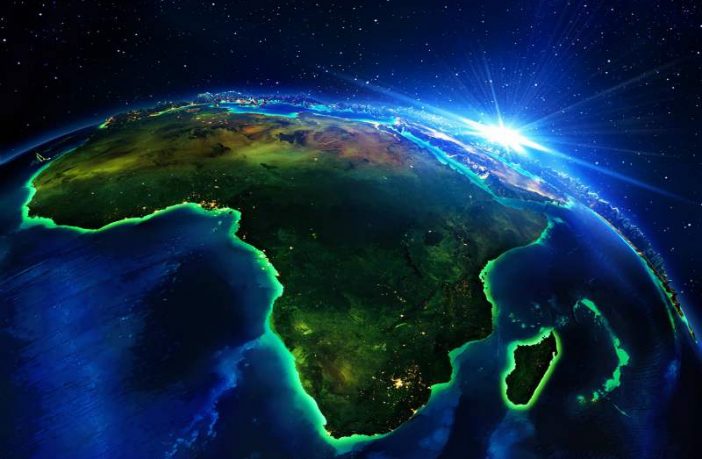- Attendees of the African Ministerial Roundtable—which focused on three key areas for Africa’s energy future: electricity, oil and gas, and sustainable inclusive transition—stressed a number of key recommendations.
- Chaired by Mouhamadou Makhtar Cissé, Senegal’s Minister of Petroleum and Energy, and Dr Fatih Birol, the IEA’s Executive Director, the virtual Africa ministerial roundtable took place on 30 June.
- The meeting hosted 10 ministers from Africa, including the Minister of Mineral Resources and Energy of South Africa, which holds the 2020 African Union presidency, as well as ministers from Nigeria, Egypt, and Morocco, among others.
The forum also included leaders from the African Union, the United Nations, the European Commission, the International Monetary Fund, the World Bank, OPEC, the European Union, Power Africa, and the International Renewable Energy Agency.
Recommendations from the ministerial forum
- An efficient secure, affordable and sustainable power sector is vital to Africa’s economic recovery and transformation, and its ability to enhance resiliency to other challenges over time.
- Enhancing investments in new grids, (national and mini-grids) and in the off-grid sector as well as in generation facilities are essential to ensure a resilient and reliable power sector that can drive economic recovery.
- Setting bold energy sector priorities and plans today can enable much-needed investments to stimulate broader economic growth tomorrow, including creating employment opportunities, supporting new skill development, unleashing the creativity of African entrepreneurs across the African continent and creating wealth.
- Africa’s oil and gas exporters, who have been severely impacted by the crisis, can seize the opportunity to re-evaluate their strategies to generate the most value and jobs across their economies and to promote broader economic diversification.
- To secure energy supplies and development in many Africa countries, increase oil storage capacities and product stocks; upgrade refineries to produce higher quality products that are less polluting, and build local capacity and skills through training.
- Low oil prices, in particular liquid petroleum gas (LPG), could open the door to advance clean cooking access; LPG services could also create jobs.
- Maintaining focus on universal access to electricity and modern cooking is essential, especially in Africa; African governments and other partners should continue to work together to ensure progress toward SDG7.
- Enhanced regional and international cooperation can play an important role in helping to build robust, affordable, sustainable and resilient energy systems across the continent.
The Chairs acknowledged that the outcomes of the ministerial roundtable will be shared with key global decision-makers, governments, international financial institution, business leaders including for the IEA Clean Energy Transitions Summit on 9 July 2020 and AUC-IEA Ministerial Forum in South Africa in November 2020.
The outcomes will also help guide and inform the IEA’s increasing efforts in Africa, including helping to inform key decision-makers from governments, companies, investors and organisations.
Author: Nicolette Pombo-van Zyl
This article was originally published on ESI Africa and is republished with permission with minor editorial changes.











